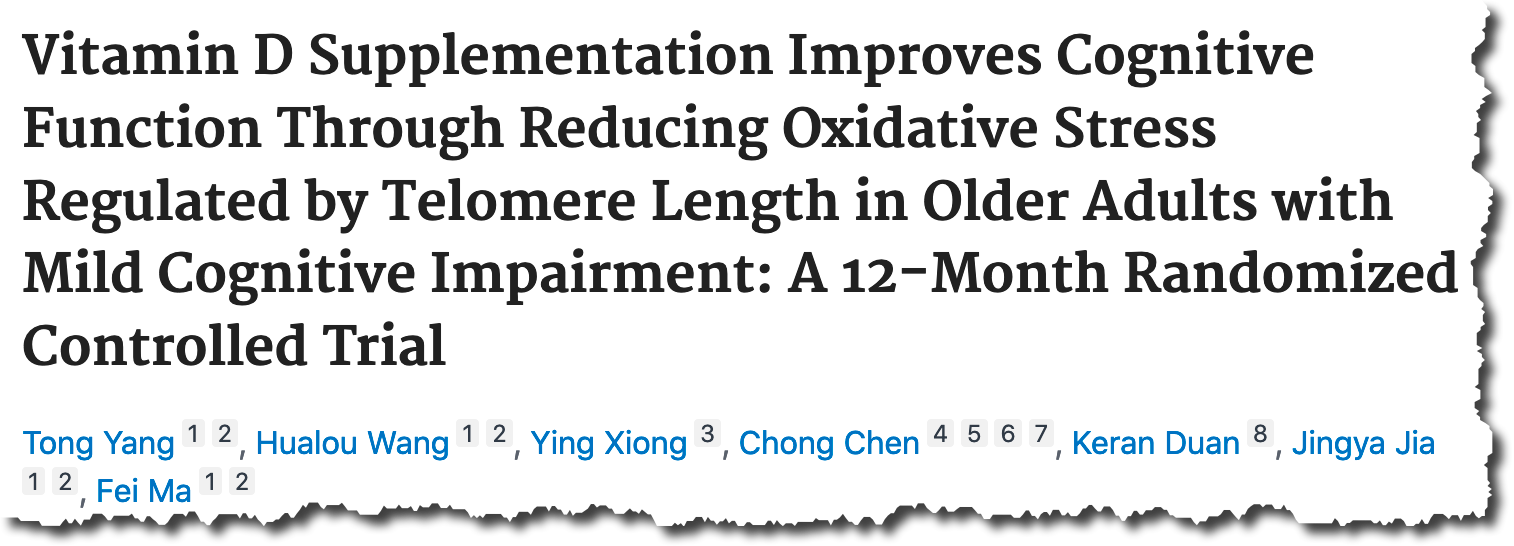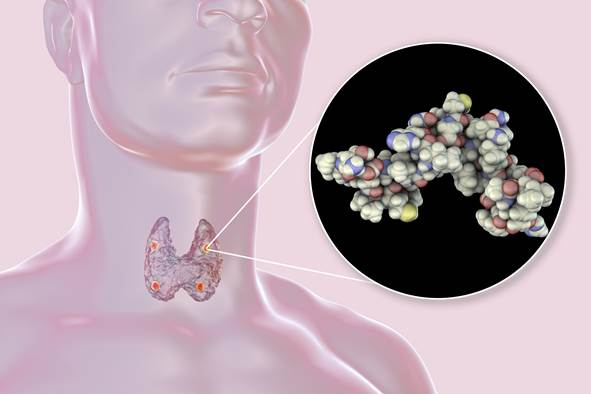
This 1 vitamin is so important — and the majority of men are deficient
Story-At-a-Glance
Matt Cook here, and there’s 1 critically important vitamin that most men aren’t getting enough of.
And it has a tremendous impact on your health and performance as a man.
It can protect you from cancer, Alzheimer’s, low T, high blood pressure, and more…
So it’s safe to say — all men need more of this 1 important vitamin.
Here’s the best way to get it…
—-Important Message—-
These 5 incredible erections foods will let you go for hours and hours and hours…

My wife literally said out loud how much better I am in bed since I started eating these foods…
So I will give you the absolute best testimonial from the bottom of my heart that this has literally changed my intimate life almost overnight.
- I am able to get erections faster…
- I am able to last longer…
- I’m able to go more times in a single night than I ever have (I used to only go once, now it’s 2-3 times)…
- And I’ve got a WAY bigger drive which gives me more confidence…
- And makes me more aggressive and fun in bed.
Here are the 5 erections foods I’ve added to my meals — they’ve saved my sex life!
———-
If you’re a man, you need more of this 1 vitamin
It’s no secret to anyone — vitamin D is extremely important and protective against a myriad of pathologies.
Much more than a “vitamin,”, it is in fact a very fundamental steroid hormone which affects all tissues in the body.
It is synthesized in the skin after exposure to UVB rays in sunlight.
Because of the relative deficiency of sunlight exposure for most people, supplementation has become very common in recent years.
Influence on cognitive function.
While it is not usually associated with cognitive function/brain health, vitamin D appears to be important for it:
“Evidence indicates that serum 25-hydroxyvitamin D (25(OH)D) may impact brain health. There is a biological plausibility from animal models that vitamin D may influence neurodegenerative disorders, through several mechanisms. Epidemiological evidence supports associations between low serum 25(OH)D concentrations and poorer cognitive performance in community-dwelling older populations.” – Aspell et al. (2017)
A 2014 paper presented the findings of a long term study on serum vitamin D levels and the risks of dementia and Alzheimer disease.
1658 elderly adults in good health participated in this study.
In 1992-1993, serum 25(OH)D samples were taken and then stored at -70C for around 15 years until 2008.
During a follow-up in 1998-1999, the participants were reassessed to check for signs of dementia and/or AD.
The idea was to determine whether low vitamin D levels in 1992-1993 could be associated with an increased incidence of dementia and AD.
It turns out that they were:
“Our results confirm that vitamin D deficiency is associated with a substantially increased risk of all-cause dementia and Alzheimer disease. This adds to the ongoing debate about the role of vitamin D in nonskeletal conditions.” – Littlejohns et al. (2014)
If vitamin D deficiency is associated with this increased risk of cognitive disorders, it probably makes sense that increasing serum levels would protect against cognitive decline.

This is precisely what a recent 2020 study is showing…
With just daily supplementation of a small amount (800UI) of vitamin D for 12 months leading to cognitive improvements in 183 adults aged 65 years or older:
“Vitamin D supplementation for 12 months appears to improve cognitive function through reducing oxidative stress regulated by increased TL in older adults with MCI. Vitamin D may be a promising public health strategy to prevent cognitive decline.” – Yang et al. (2020)
Takeaways
Now, 800UI is a very small amount to supplement with, with modern recommendations being in the 2000-5000UI range for most people.
But it does highlight how powerful vitamin D supplementation can be in a context of deficiency.
Brain health is certainly a major cause of concern, but it doesn’t have to implicate full blown diseases like dementia or Alzheimer.
With aging, everyone experiences subtle, but progressive, loss of cognitive function as a result of neurodegenerative processes in the brain.
These changes can affect quality of life a great deal.
Ensuring sufficient vitamin D levels with aging should be a core component of both personal routines and public policy objectives.
Practical steps to ensure optimal levels of vitamin D involve…
Monitoring serum 25(OH)D levels with yearly blood tests, maximizing body exposure to sunlight…
…using an UVB lamp, and taking vitamin D3 supplements on a daily basis.
—-Important Message for Men About Vitamin D—-
This 1 killer hormone is draining men of their vitamin D levels

I’ve discovered one killer hormone responsible for up to 80% of men’s health and sex problems…
And one of the first things this killer hormone does is drain men of their vitamin D levels.
See, this killer hormone starts by draining certain key nutrients that the body needs — key nutrients that naturally fight off this killer hormone…
…nutrients like vitamin D!
Fortunately, my Golden Ratio protocol keeps these key nutrients high while protecting you from the killer hormone.
It’s the next step for men taking vitamin D who still can’t seem to benefit from it the way they should be…
Discover the Golden Ratio protocol now for free
———-

